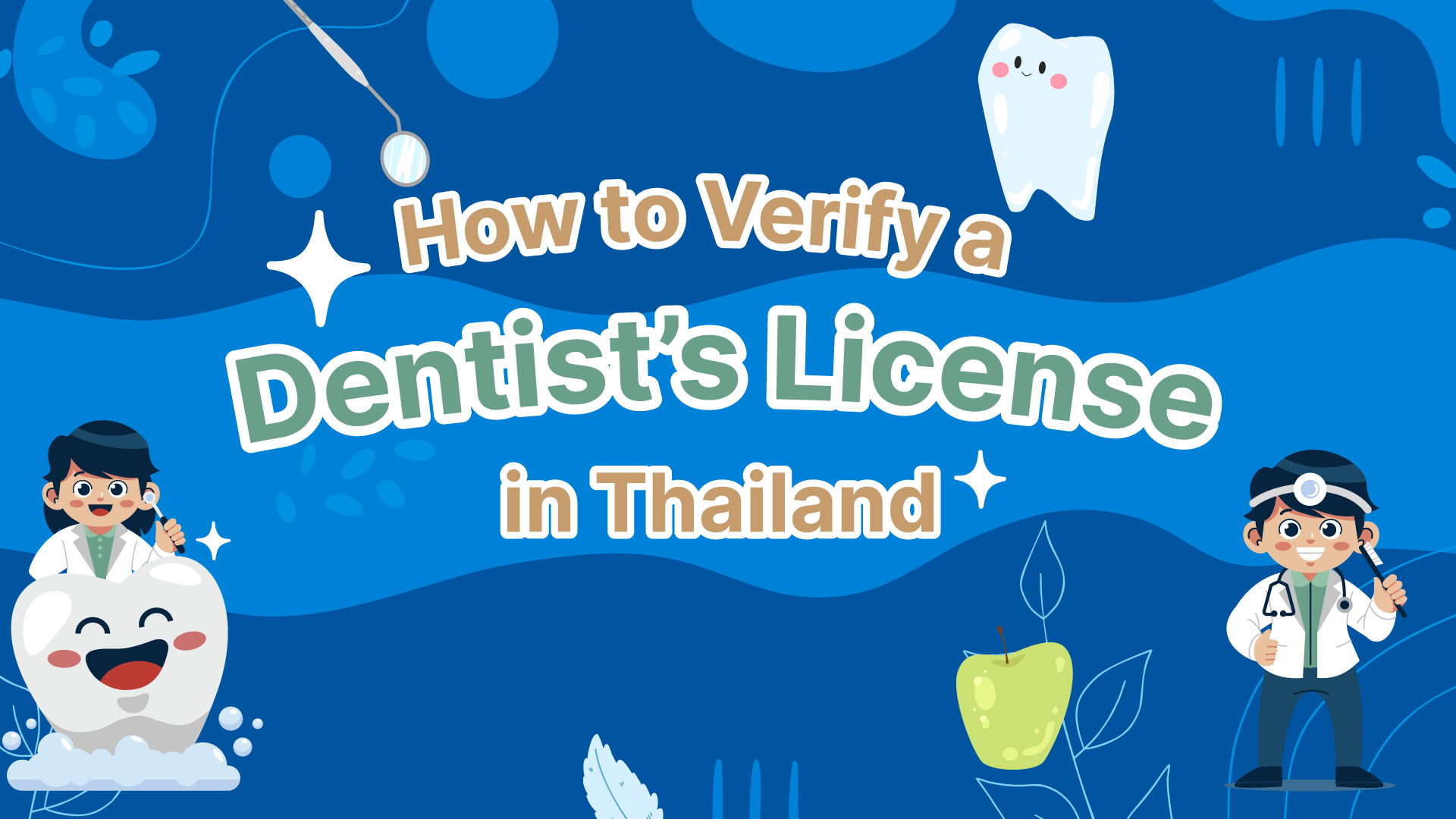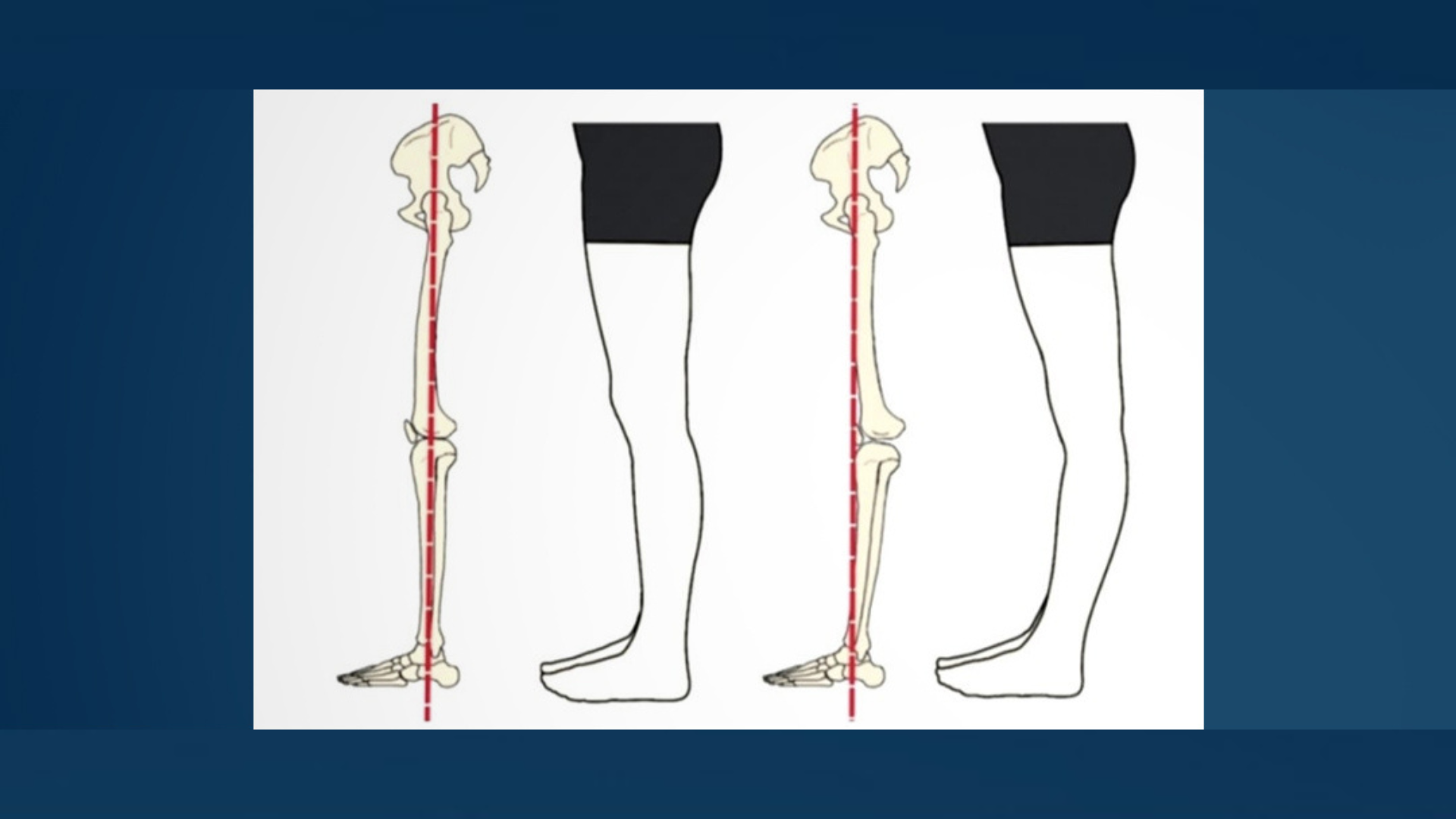What are the important guidelines for a successful medical travel?

Medical travel is also known as medical tourism or health tourism. Medical travel can be defined as the process of traveling to a foreign country to receive medical services. Patients may decide to get medical services abroad for many reasons including to get treatment that is cheaper, to receive care from a healthcare provider who can share with them about culture and languages, and to get treatment that may be unavailable in their country. However, medical travel can be risky. No one can guarantee that you will have a problem-free medical travel experience. So, what are the important guidelines for a successful medical travel?
1. Quality First
In order to experience best medical services, patients should find a hospital or a clinic that is accredited nationally or internationally, such as Thailand’s HA accreditation or the Joint commission international (JCI). Moreover, the doctors and physicians must be qualified and are able to perform various procedures which serve your needs and conditions. The hospital you select should have a quality improvement plan which would improve the quality of the services. Although accreditation will not guarantee for the best healthcare outcome, it reflects that the selected hospital has constantly improved the quality of its medical services.

2. Talk to your doctors before traveling
If you are planning to travel for medical care, you should find a way to meet or talk with your healthcare provider to discuss about general information, the risks of your health status, and any necessary procedures.

3. Make sure that language and culture will not be an issue
To receive the best results from the selected healthcare provider, patients should ensure that they understand the culture and language of the country they plan to go in order to avoid misunderstanding.

4. Consider the medical travel destination
Medical travel can be risky. Patients should do some research about the country or region they plan to go in order to make sure that they will be safe from various unexpected circumstances, such as contagious diseases, crimes, political unrest, terrorism, severe weather, etc. In addition, each country has their own regulations on medical practices. Therefore, it is suggested that patients need to contact the selected healthcare provider first.

5. Financial matters
Patients should be informed of estimated costs by selected healthcare providers and should buy an international travel health insurance which covers extra expenses.

6. Choose your companion wisely
Bringing a companion along with you on the medical travel for your physical and mental support is advisable, especially if you are undergoing a major surgical procedure.

Reference:
Patient guidelines for a successful medical travel experience, GHA
https://wwwnc.cdc.gov/travel/page/medical-tourism Medical tourism association
Share this article
More Articles
Discover more insights on health care and medical tourism.

List of Private Hospitals in Thailand
Thailand is widely recognised as one of Asia’s leading destinations for private healthcare, offering international-standard medical services, advanced technology, and highly experienced physicians. Private hospitals in Thailand serve both local residents and international patients, particularly in areas such as complex surgery, health check-ups, wellness, and medical tourism.

How to Verify a Dentist’s License in Thailand
Thailand is one of the world’s leading destinations for medical and dental tourism, known for high-quality care, modern clinics, and competitive pricing. However, for expats and international patients, verifying that a dentist is properly licensed is a critical step before starting any treatment.

Why do some stroke patients with good leg strength still walk with knee hyperextension (genu recurvatum)?
This is a question I see repeatedly in clinical practice, and simple explanations based on “weakness” often fall short.